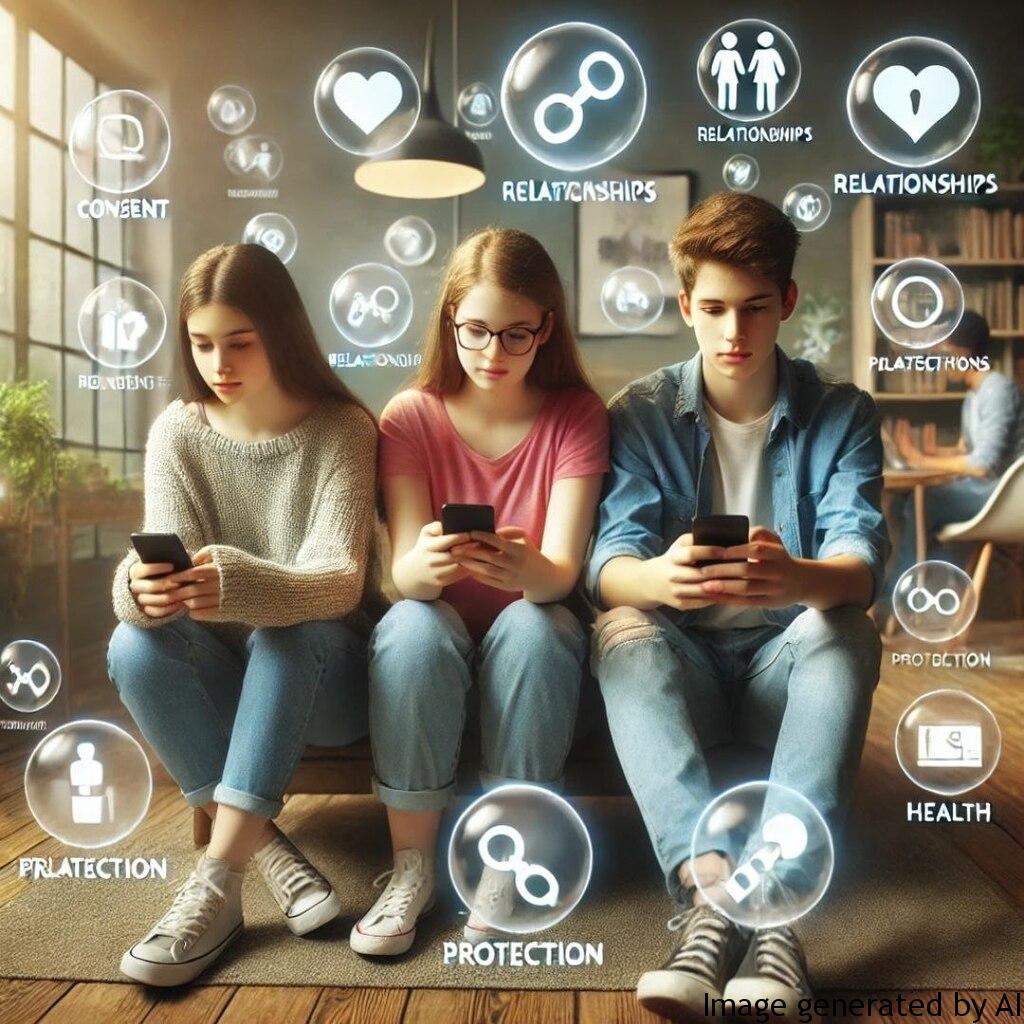Introduction
Sexual education is a critical aspect of a teenager’s learning journey. It involves teaching and discussing various issues related to human sexuality, including emotional relations, sexual reproduction and responsibilities, sexual aspects of human health and consent. One sphere that actively contributes to this education outside school curriculum, is the media. Media, in all its diverse forms, has a somewhat powerful influence on shaping perceptions and attitudes regarding sexuality and gender. This article aims to explore how sexual education in media can impact men’s psychological health, by influencing gender expectations and roles.
Description of Gender Expectations and Their Influence on Men’s Psychological Health
Gender Expectations in Media
Media often perpetuates traditional gender roles by promoting stereotypic images and ideas. Men are frequently portrayed as masculine, powerful, successful, emotionless, and competitive. These representations influence public perceptions and establish certain expectations for how men should act and feel.
Impact on Men’s Psychological Health
Studies have shown that conforming to these traditionally masculinist norms can lead to psychological distress. Suffering in silence due to the masculinity norm of emotional stoicism, negatively affects mental health. Many men end up struggling with self-esteem issues, depression, and anxiety disorders. The media in some instances also propagates male disposability and toughness, where men are depicted as disposable commodities in times of conflict and war, and this further compounds the problem.
Examples of How Gender Roles Can Affect Men’s Lives
A clear example of how media’s representation of gender roles can negatively affect men is the stereotype that men must always be strong and emotionless. This can lead to men hiding emotions, refraining from seeking psychological help, and indulging in harmful coping mechanisms like substance abuse. Media also tend to mock men who don’t conform to the traditional gender role, making them feel isolated and demeaned. Such experiences can lead to severe mental health problems.
Tips to Improve Psychological Health with Respect to Gender Roles
Firstly, there needs to be awareness that men too suffer from mental illnesses and this does not make them any less manly. Encourage men to embrace vulnerability and seek professional help when needed. Media outlets should also be encouraged to portray different forms of masculinities, showcasing men as capable of expressing emotions and seeking help doesn’t undermine their strength. Society as a whole can foster a gender-sensitive environment where men are not afraid to talk about their mental health struggles and don’t feel compelled to conform to gender stereotypes.
Conclusion
Sexual education in media plays a crucial role when it comes to understanding gender roles and sexual behavior. While media could be a potent tool in breaking down stereotypical gender roles and promoting equality, its portrayal of traditional masculinity can sometimes lead to adverse outcomes for men’s psychological health. It’s crucial for media to strike a balance and promote healthy gender roles to create a wholesome society where everyone thrives.

